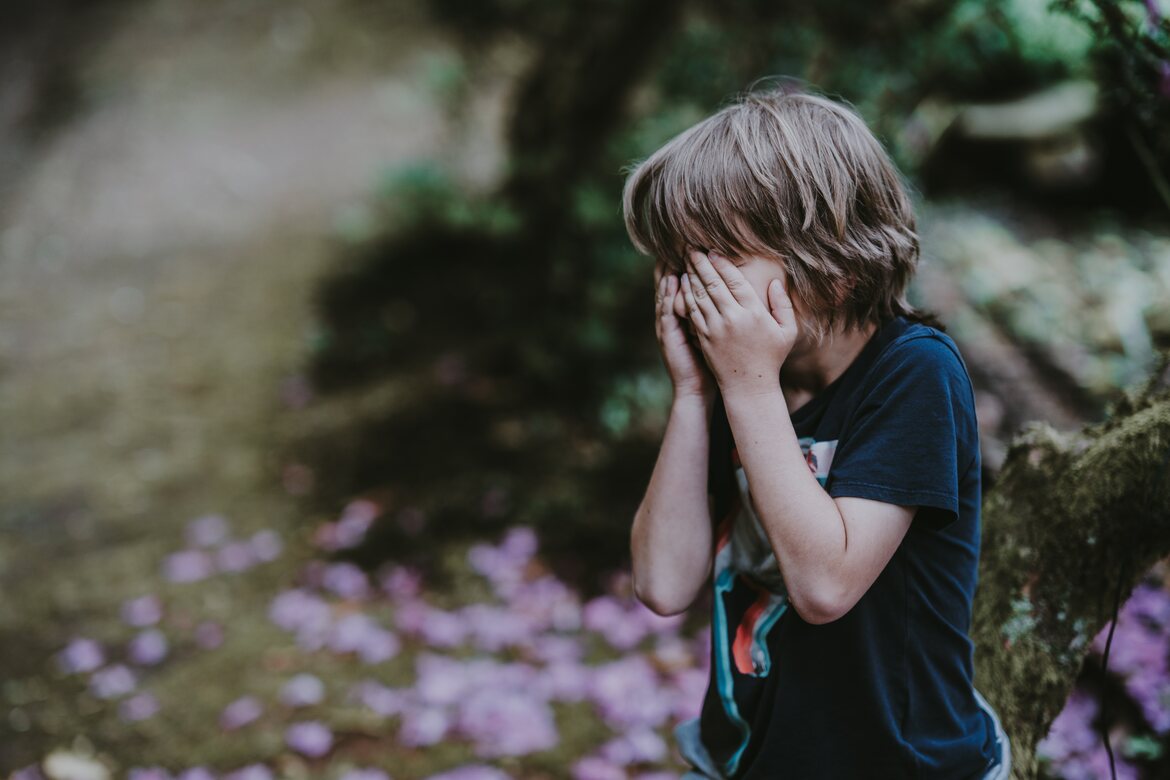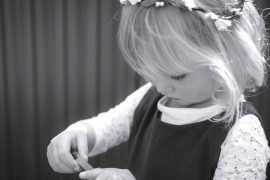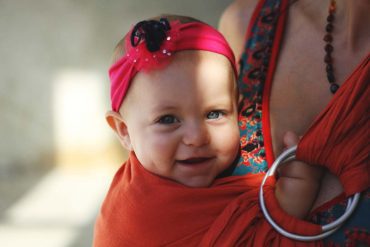By Dr. Laura Markham
“My 7 year old daughter has started wanting to make other people (mainly her brother) hurt when she is emotionally hurt. So something happens that hurts her feelings and immediately she wants to lash out and try to make others feel like she does. She steps on a toy, her foot really hurts, she’s crying and it was my fault or her brother’s fault.”
So unreasonable, right? But lashing out when we’re upset and blaming others for our distress are completely normal human reactions. Most of us gain the ability to refrain from these almost automatic reactions as we get older, but we all know adults who seem to go through their lives with a “chip on their shoulder” blaming others, and reacting angrily to real or imagined slights.
What’s this all about, and how can we help our children (and ourselves) grow out of it?
All mammals, when they’re in distress, go into fight, flight or freeze. So when your child steps on a toy and it hurts, she’s plunged into distress, and she goes into “fight.” She lashes out at whoever is closest, or even throws the toy.
Or, something happens that hurts her feelings. Again, she’s in distress, so she goes into “fight.” She lashes out.
All mammals, when they’re in distress, go into fight, flight or freeze. So when your child steps on a toy and it hurts, she’s plunged into distress, and she goes into “fight.”
This isn’t because she wants to make others feel as bad she does. At that moment, she isn’t even considering others. In fact, when she’s in “fight, flight or freeze” she can’t think straight or access her empathy. She’s lashing out because she can’t bear her own feelings of hurt, fear and sadness. To fend them off, she gets angry. It’s an instant, automatic, response. The best defense for her at the moment seems like a good offense.
It’s easy to see how universal this is, if we look at our own tendency to lash out when we feel fear, disappointment or sadness.
- We almost run a red light, and yell at our kids for distracting us.
- We get a parking ticket and blame it on our partner for taking so long in the store.
- Someone we love dies, and we get angry at the doctor.
If we can let ourselves feel the distress, but resist the urge to act on it, those unhappy emotions will move through us and dissipate.
So the way our child blames her brother when she’s upset isn’t so different from the way we adults sometimes start to blame others when we’re upset. Hopefully, we adults are able to notice our impulse to blame, and bite our tongue before we go on the attack. If we can let ourselves feel the distress, but resist the urge to act on it, those unhappy emotions will move through us and dissipate. Once we’re calm, we often see that our impulse to blame someone else wasn’t fair.
But children don’t have as much ability to self-regulate as adults do, because their prefrontal cortex is still developing. So how can you help your child learn not to blame others in these situations?
1. Stay calm. She feels like it’s an emergency. Your calm attitude communicates that there’s no emergency, and she doesn’t need to be in “fight” mode.











